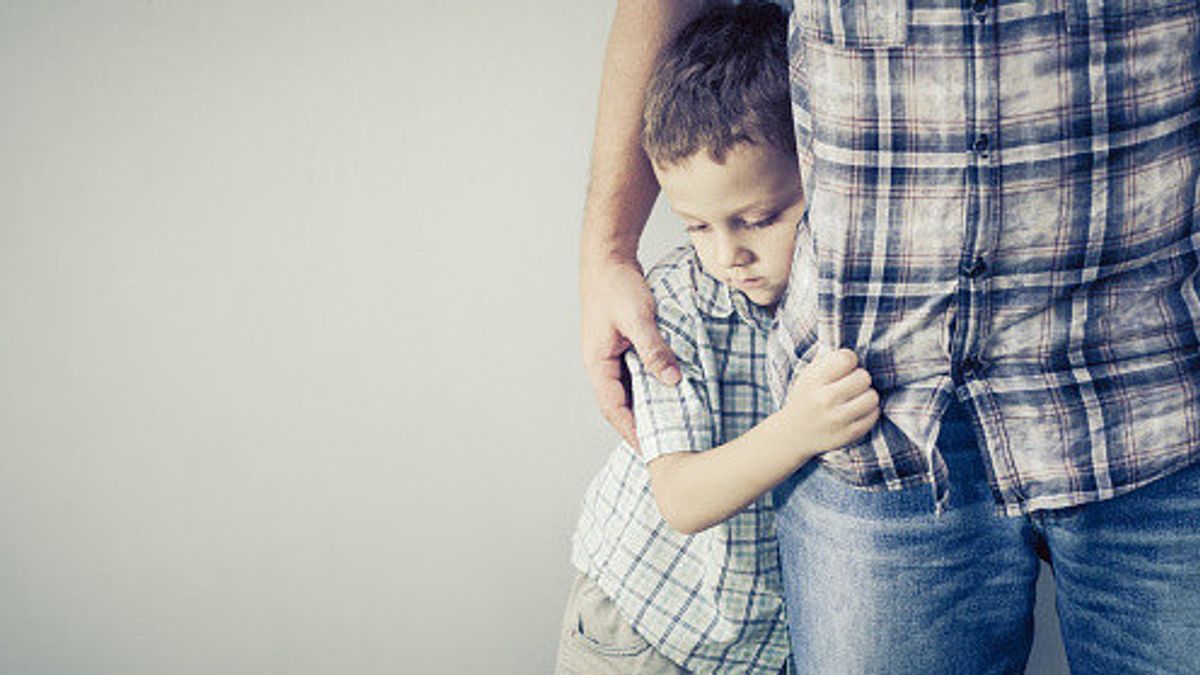YOGYAKARTA – According to the latest research, children begin to develop self-esteem from the age of 5 years. Many parents do not realize that Self-esteem or self-esteem is built from aspects of everyday life at home.
According to psychiatrist Lea Lis reported by Fatherly, Friday, May 13, self-esteem comes from a person's understanding of himself and the world around him. In children aged 5 years, packets of information are accumulated and stored in the neural network of the brain over a long period of time. They, the children, will get experiences that form a positive schema of thinking 'I'm smart', 'I'm capable', or 'I'm good'. If what is accepted is a negative scheme, it will be difficult to repair.
Large amounts of data from the world around children are absorbed by neural networks. When neural networks begin to form they will receive and provide feedback. Well, according to Lis, the right message makes a big difference. Including when you accept things that are wrong.
That means that self-esteem is not built on praise. But on the right kind of compliment. Parents need to give praise not only when they do something good. But also when they try and fail.

Self-esteem is also often associated with narcissism. Lis explained, self-esteem that leads to narcissism is a psychological response to low self-esteem. Narcissists only get value from their victories and need constant praise to keep their big, fragile ego from crumbling.
In other words, praise is not at the heart of narcissism. Tough kids don't depend on praise. Resilience comes from high self-esteem.
This emphasizes that it is important to pay attention to the treatment of parents towards their children. Psychotherapist John Mathews adds, rather than raising children who are considered great, it is better to raise children who have purpose and meaning in their lives.
From Mathews' explanation, it is known that unconditional positive feedback regardless of the outcome is key. But many parents weren't raised on that, so it's harder to let go and realize that low self-esteem tends to be passed on to their children.
“If parents put themselves down, fear or distrust others, they are more likely to pass these traits on to their children,” says Lis.
Self-esteem can be difficult to build. But Lis's message is that if you grow up without it, it doesn't mean that children also have to grow up without the right education so they don't respect themselves enough.
The English, Chinese, Japanese, Arabic, and French versions are automatically generated by the AI. So there may still be inaccuracies in translating, please always see Indonesian as our main language. (system supported by DigitalSiber.id)













